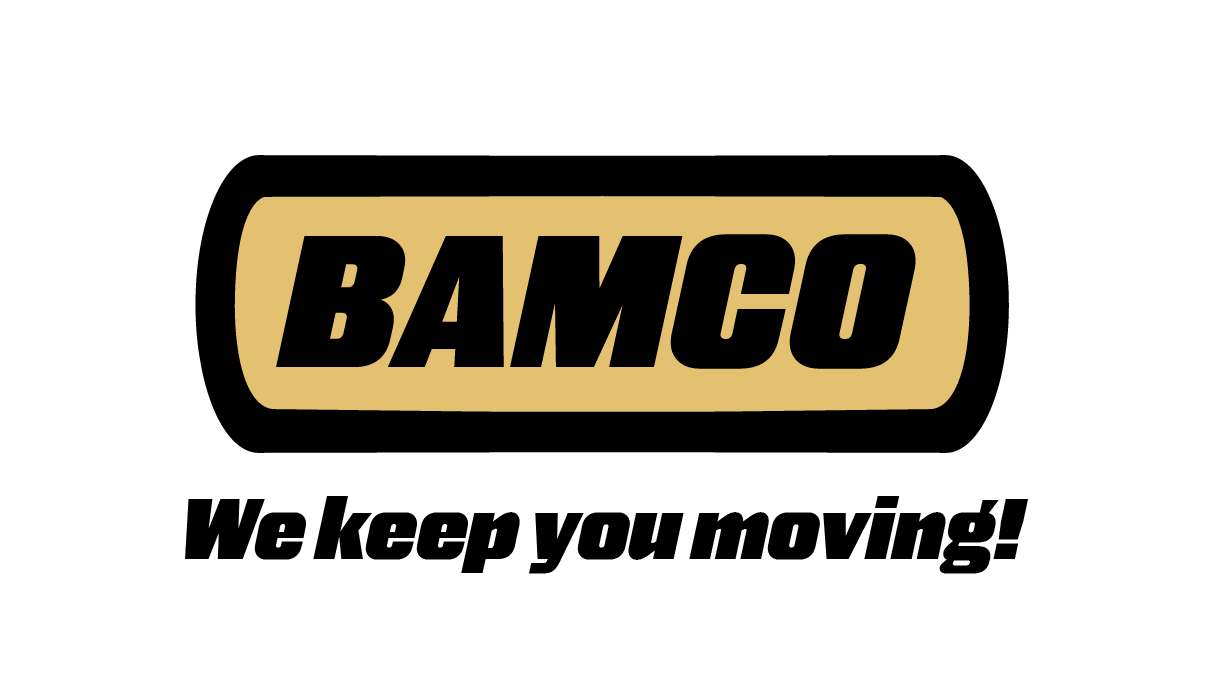In 2002 the United States Department of Agriculture (USDA) listed foreign material contamination as the leading cause of food recalls. This underscores how physical foreign material contamination is a persistent problem that affects all sectors of the food processing industries. It's been estimated that the average direct cost of a recall from foreign material recall is 10 million dollars, not to mention the irreparable damage to the brand's image. This article is to provide practical guidance on how manufacturers can help avoid conveyor belts becoming a potential source of risk through prevention, screening, and looking for future solutions.
PREVENTION
When it comes to foreign material contamination from conveyor belts, prevention is the first line of defense for food processors. Prevention starts with following good maintenance procedures with prompt replacement of worn or damaged belts. Regular inspections should be conducted to detect any signs of wear, cuts, or material buildup that could compromise product safety.
Choosing the correct belt materials is another key focus for maintenance and parts departments to mitigate foreign material risk. Belts made from food-grade materials that are smooth, durable, and resistant to corrosion and abrasion. Smooth surfaces minimize places for foreign materials to hide.
SCREENING
If there are metal wire belts being used, screening technologies such as X-rays or metal detection systems are essential. These systems can detach and remove metal contaminants from the product stream before they pose a risk. Particular attention must be paid to metal wire belts at cutting lines where belts are more likely to get damaged and worn which can cause metal shavings.
Strict cleaning and sanitation programs by plants should emphasize chemical compatibility with belt materials. Clean in place systems that automate the cleaning process help ensure sanitation without disassembly can help maintain proper belt installation.
FUTURE SYSTEMS
New belting options have become available to help make conveyor related foreign material risk a thing of the past. Modular belting company, Intralox, has introduced a plastic modular belting option that is detectable by x-rays and metal detecting machines. In addition, Volta’s MD belts offer positive drive belts and flat conveyor belts as an option for lines that are also detectable by typical methods.
Less than 10 days before this article was written a recall occurred for over 160,000 pounds of frozen chicken nuggets due to metal contamination. While it’s not clear yet whether this was from a conveyor-related risk, manufacturers should note the risks to their products and look to ensure they have proper procedures in place. For expert guidance on conveyor belt solutions tailored to your operational needs contact our team today.

